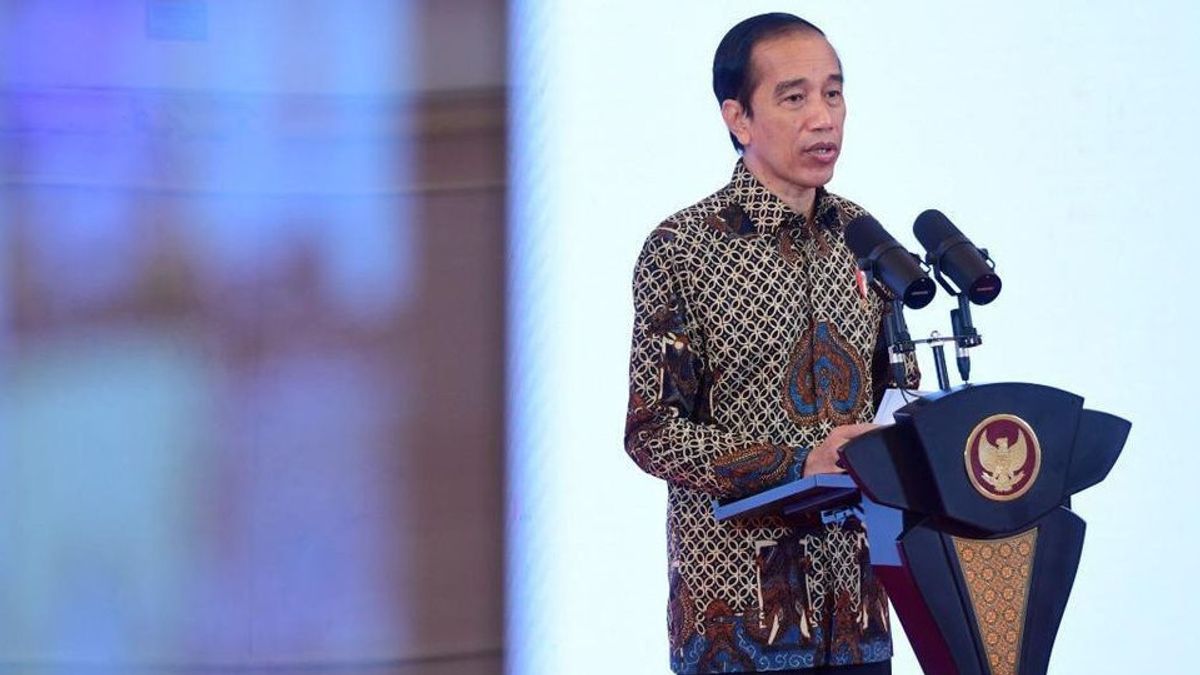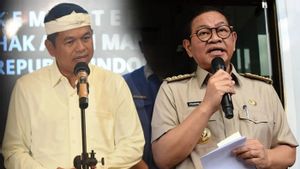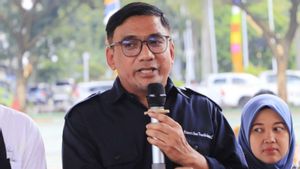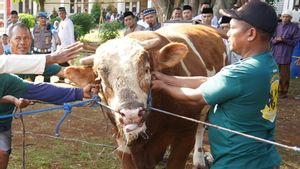The Minister has a role that cannot be separated from the planning, administration, and operational activities of the Indonesian State. As an assistant to the President, the Minister carries out tasks related to the state and aims for the advancement of the Indonesian State. As we know, there are several ministers appointed by the President to assist in their duties in government.
Tasks assigned to ministers are of course divided according to the ministers' divisions.
The duties and obligations of ministers in Indonesia can be grouped into several divisions, namely the Minister of Maritime Affairs, the Minister of Communication and Information Technology, the Minister of State-Owned Enterprises, the Minister of Manpower, the Minister of Law and Human Rights (Human Rights), the Minister of Education and Sports, the Minister of Economy, the Minister of Foreign Affairs, The Minister of Home Affairs, and several other divisions.
Duties of the Minister of State
The duties of the state ministries are as follows:
To follow and coordinate the implementation of policies and programs that have been determined in certain fields which are the responsibility of their divisions.
To accommodate all problems that arise and seek solutions to these problems by following all developments in field conditions that must be coordinated.
Coordinating with various directors-general and leaders of other institutions to collaborate in overcoming problems related to the areas coordinated within the country.
Regarding the State Ministry, this has been regulated in the Law of the Republic of Indonesia Number 39 of 2008 which states that the duty of the ministry is to carry out certain affairs in the government to assist the President in administering the state government.
Of course, in carrying out their duties, state ministries are obliged to be based on established laws and regulations.
Functions of the State Ministry
Based on article 8 of the Law of the Republic of Indonesia Number 39 of 2008 concerning State Ministries, its functions include the following:
1. In carrying out its duties, the ministry has responsibility for these matters, as referred to in Article 5 paragraph 1, namely:
- Formulation, stipulation, and implementation of policies in their respective fields
- Manage state property/assets which are their responsibility
- Supervise the course of duties in their respective fields
- Carry out technical activities from central to regional
2. In carrying out its duties, the ministry that carries out the affairs referred to in Article 5 paragraph (2) carries out the following functions:
- Formulating, stipulating, and implementing policies in their respective fields;
- Manage state property/assets which are their responsibility;
- To supervise and carry out duties in their respective fields;
- Carry out technical guidance and supervision of the running of affairs in Ministries in the regions;
- Carry out technical activities on a national scale
3. In carrying out its duties, the Ministry that carries out the affairs as referred to in Article 5 paragraph (3) carries out the following functions:
- Formulating and stipulating policies in their fields;
- Coordinating and synchronizing the implementation of policies in the field;
- Managing state property/assets which are the responsibility
- Supervising related tasks in the field.
Authority of the State Ministry
A state ministry has the power or authority, including:
- To coordinate the provision of household and protocol services to the President and Vice President.
- Carry out certain tasks delegated from the President.
- Carry out affairs in its power with the existing executive authority.
- Other powers that are adjusted to the provisions and regulations of the Law that have been made and are in effect.
- Has authority or power in the form of executive power, namely the power to implement the law. Due to the existing executive power, state ministries have the following powers:
- To carry out laws and regulations that have been determined and determined by the institution holding legislative power.
- Conducting governance with the president and vice president.
- Implementing state order both at home and abroad.
These are the duties and authorities of the minister in general. Hopefully, the explanation above can add to your insight.
Follow other domestic and foreign news only on VOI.id, Time to Revolutionize the News!
The English, Chinese, Japanese, Arabic, and French versions are automatically generated by the AI. So there may still be inaccuracies in translating, please always see Indonesian as our main language. (system supported by DigitalSiber.id)








